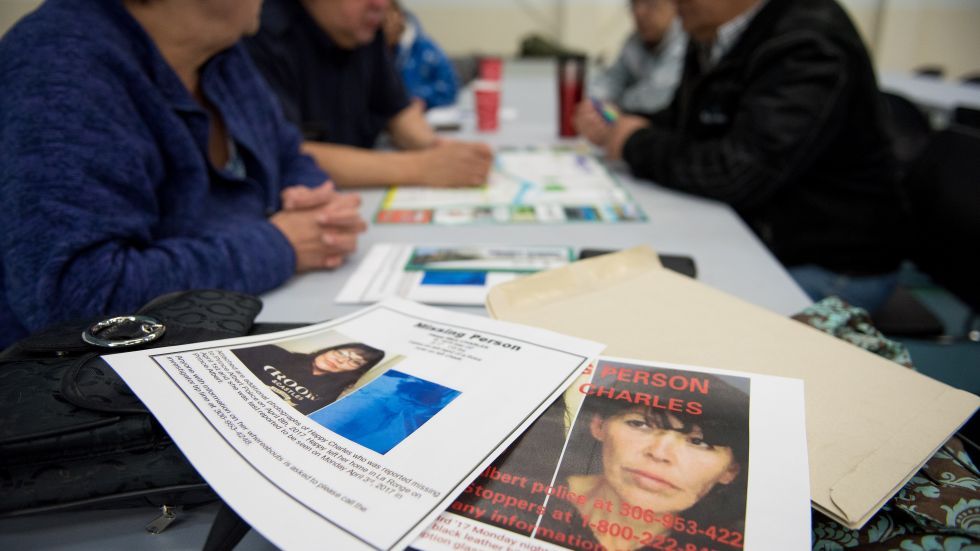
MMIW inquiry report represents “good first step,” according to families with lost loved ones
The twin sister of a woman who was murdered in Prince Albert four years ago, says the final report from the Missing and Murdered Indigenous Women and Girls (MMIW) Inquiry represents a step in the right direction but took long and cost too much.
Michelle Burns, the sister of Monica Lee Burns, was one of many families in Saskatchewan, who provided input for the 1,200 page report, which contains over 200 recommendations for multiple levels of government, police, and even the media. It was formerly released in Ottawa Monday. Burns said money used to pay for the report could have been used to help families in remote areas of the province, who have lost loved ones.
“They don’t have access to counseling, like who do they go to when their loved one is missing because it’s very remote so they don’t know where to go or who to talk to,” she said.



